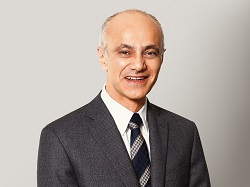Nokia Networks has combined big data, artificial intelligence and automated processes in trials in a bid to improve the quality of experience across a large number of user sessions on mobile networks.
The vendor’s FutureWorks arm has tested the innovation in live network environments. It works by using artifical intelligence to identify what is causing problems while a user is operating their mobile device and suggests a solution. Nokia said the solution uses machine learning techniques to improves its decision making over time and provide corrective measures, even when data is incomplete or new problems occur.
Once a problem has been identified, the vendor said the likes of service adaption or traffic steering happens to correct the issue through process automation.
The new innovation could give a network up to 30 percent more capacity, as sessions could run simultaneously without affecting the network, according to the Finland-based company. It added that potential uses of the technology could be consistent video consumption while on the move or the ability to correct faults on a network in real-time.
Hossein Moiin, Executive Vice-President and CTO of Nokia Networks [pictured], said: “A mobile network generates colossal volumes of data that are relevant to a subscriber’s actual QoE. But this data needs to be measured, analysed and acted upon immediately to be able to affect the subscriber session as it happens.
“This FutureWorks innovation shows how the network could respond automatically and instantly to changing customer needs and network conditions to improve their experience by orders of magnitude while ensuring network resources are used optimally.”
During the coming weeks, the vendor is planning to make a series of announcements expanding its mobile broadband portfolio.
Read more:



